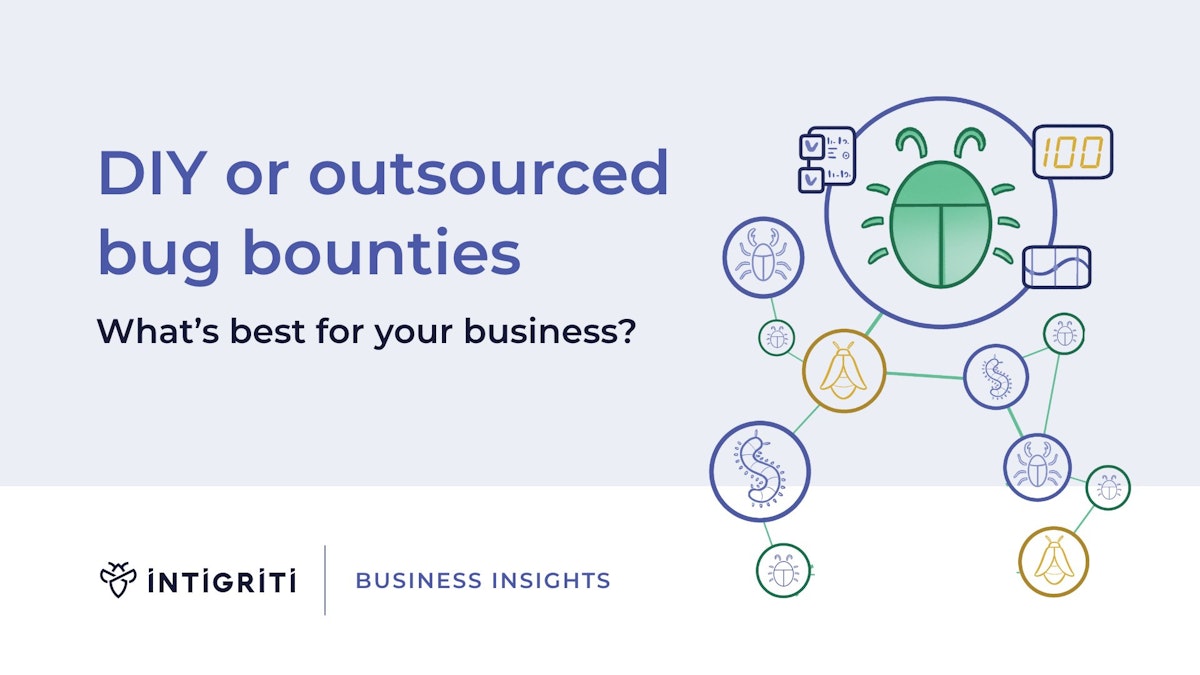The Three Categories of AI Agent Auth · Joseph Thacker
As I’ve been discussing AI agent authentication with some brilliant people in San Fran this week, it’s become clear to me that there will likely be various solutions based on different use cases and risk tolerance levels. By imaging what a mature AI agent ecosystem might look like, I’ve come to the conclusion that the industry will essentially be divided into three main categories.
1. B2C AI Agents
Talking with Paul Klein, the founder of BrowserBaseHQ, he explained how it seems inevitable that Apple and Google will dominate the B2C market. I agree. Most people will expect their digital assistant to handle tasks like emailing, texting, and calling people, as well as booking Ubers or ordering from DoorDash. Phones are perfectly suited for this, as they can seamlessly integrate with the apps already installed on our phones.
2. B2B AI Agents
The second category is AI agents that streamline workflows or tasks within businesses. I predict that stack-specific agents will be among the first to hit the market. For example, Amazon’s chatbot “Q” might soon be able to handle a task like “set up this IAM policy” autonomously. On a more abstract level, companies like Okta or Amazon’s Incognito could potentially trigger cross-app workflows, such as “fix this bug,” where the agent creates a Jira ticket, modifies the code in GitHub, and DMs you on Slack when it’s done. Companies like Anon.com or Stytch may play a role in how this functionality is implemented as well.
3 Other AI Agents
The third and most intriguing segment, which I haven’t yet figured out a good name for yet, is basically agents that don’t fit into the B2C or B2B categories above. These agents will still have cross-app capabilities, similar to what I mentioned in the B2C section, but most people aren’t using Okta or Incognito for personal tasks. One thing that makes this category interesting is that consumers may be more willing to take risks. The most prominent player in this space that I’m aware of is OpenInterpreter. I believe people will simply grant the agent access to their machine and accounts until a better solution emerges.
As the AI agent ecosystem matures, it’s going to be really interesting to see how these different categories evolve and what new use cases emerge. There’s a lot of potential for AI agents to enhance all our lives if they can be accurate and secure.
Sign up for my email list to know when I post more content like this.
I also post my thoughts on Twitter/X.
Source link





